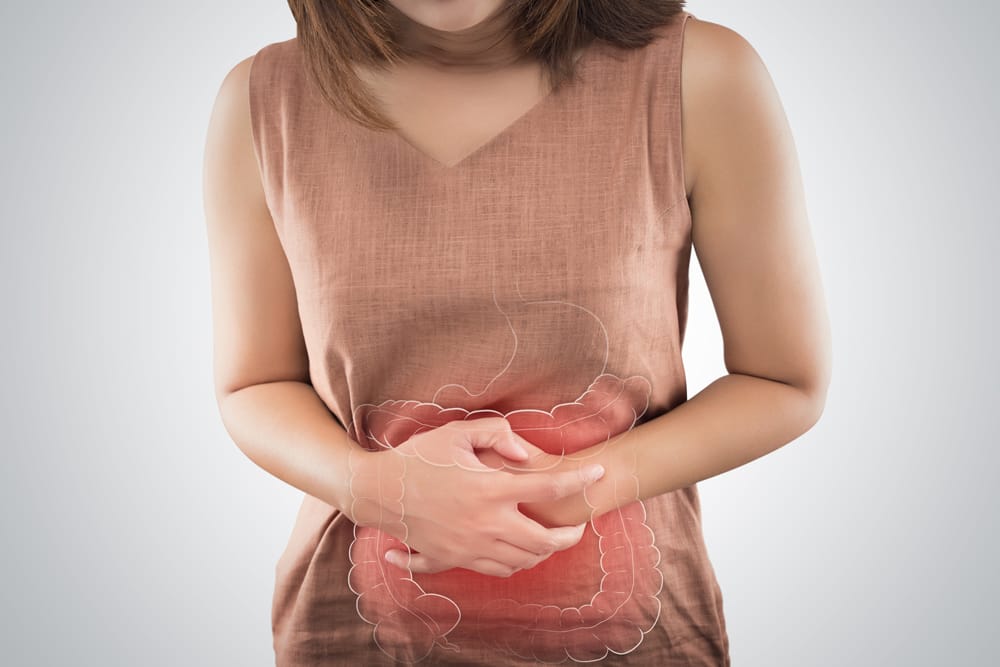By Lila Volkas, Nutrition Consultant Alumna
The internet is chock full of “anti-inflammatory” foods, beverages, herbs, and supplements. But what is inflammation and why do we want to reduce it? The word “inflame” means to “light on fire.” When our bodies encounter something harmful, like injury, infection, or stress, they react with the “heat” of inflammation. Inflammation is by no means all bad; it is a natural component of healing. Let’s first look at the two different types of inflammation.

Acute Inflammation
This is the body’s immune response and protective reaction to injury, infection, and stress. These events signal our white blood cells to launch an immune response to address the issue. This localized, emergency response is necessary for healing to take place. The Merriam-Webster Dictionary defines inflammation as “a local response to cellular injury that is marked by capillary dilatation, leukocytic infiltration, redness, heat, and pain and that serves as a mechanism initiating the elimination of noxious agents and of damaged tissue.” Once healing takes place, acute inflammation goes away. Think about when you were a little kid, fell down on the playground, and scraped your knee. It bled, got swollen, scabbed over, and then after a few days, it healed. Swelling is an acute inflammatory response that recedes once the body has healed the wound.

Chronic Inflammation
This is a different story. Chronic inflammation becomes a low-level hum in the background. Similar to a scrape on the surface of our bodies when we fall down, our cells experience trauma on a much smaller level. Unlike acute inflammation, chronic inflammation does not dissipate, so the “wound” doesn’t heal. A few major causes of chronic inflammation are things we come into contact with every day like foods we have sensitivities or allergies to, environmental chemicals, and stress. A never-ending battle with these stressors creates chronic inflammation and can lead to disease.
Causes of Inflammation
“Nutrition Bandits”
- Processed foods
- Highly heated refined vegetable and seed oils
- Refined white sugar, high fructose corn syrup, and soda
- Artificial sweeteners
- Refined grains like white bread
- Excessive alcohol
- Food additives and preservatives
- GMOs and pesticides
- Factory-farmed animal products
Environmental Factors
- Water quality
- Air pollution
- Environmental chemicals
- Toxic cleaners
- Artificial fragrances
Lifestyle Factors
- Unaddressed trauma
- Physical or emotional stress
- Lack of sleep
- Sedentary lifestyle
- Smoking
Total Load
Part of the chronic inflammation picture is the concept of “total load.” One bad night of sleep or a package of Oreos is not going to ruin your health; it is the sum of everything going on in your life physically and emotionally that has a lasting impact.
“Total load” can be represented by a bucket of water. Each drop of water is a challenge for your body to address, whether it is a stressful job, processed food, or harsh chemical cleaning products. At some point, your bucket may overflow with these challenges, leading to negative symptoms.
Some examples of the health effects of chronic inflammation (when your bucket is full or overflowing) include autoimmune disease, heart disease, neurodegenerative disease, cancer, and diabetes, to name just a few.
What to Do
In a nutshell, decrease exposure to inflammatory stressors and increase anti-inflammatory foods and practices!
The Good News
We get to make choices every day to fight inflammation with what we allow on our plates and in our homes and even by the way we perceive the world.
A direct and delicious way to fight inflammation is to avoid those “Nutrition Bandits” and eat nourishing, anti-inflammatory foods.
Recommended Anti-Inflammatory Foods
- Leafy greens
- Cruciferous vegetables like cauliflower, Brussels sprouts, broccoli, and cabbage
- Dark-colored berries like blueberries
- Vegetables from the allium family like garlic and onions
- Herbs and spices, especially turmeric and ginger
- Fermented foods like sauerkraut, kimchi, and kombucha
- Avocados
- High-quality olive oil
- Fatty fish like salmon
Recommended Lifestyle Practices
- Regular exercise
- Time outdoors
- Plenty of quality sleep
- Meditation
Anti-Inflammatory Recipes to Try
Keep in mind that there isn’t just one thing or food that reduces inflammation in our bodies. It is a combination of providing our bodies with the quality nutrients needed to function, supporting our detoxification pathways, engaging in healthy lifestyle behaviors, and not adding more to our “total load buckets.”

